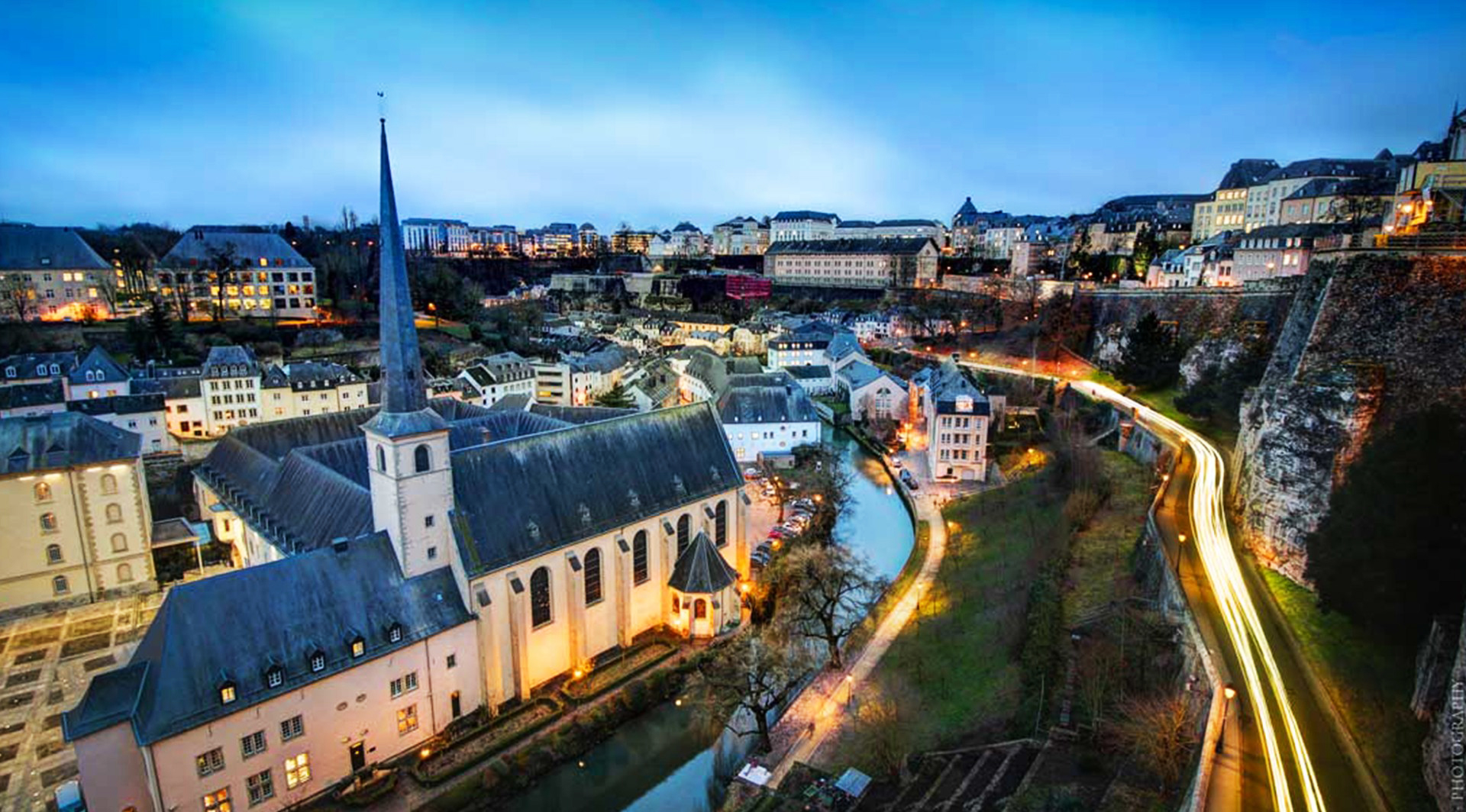About Kazakhstan and BeNeLux countries
Grand Duchy of Luxembourg
Grand Duchy of Luxembourg - a highly developed industrial country, one of the most prosperous countries. Luxembourg has an area of 2586,4 km², making it one of the smallest sovereign states in Europe. The population as of January 1, 2020 is 626 people. In terms of production, including per capita, it is one of the leading countries in Western Europe.
The chemical, leather, cement, faience (glass, porcelain), woodworking, clothing, weaving, and food industries are developed. Equipment for telecommunication networks, production of audio and video equipment is produced.
Luxembourg is a major international financial and tourist center (hang gliding, mountain and balneological resorts). In the 200th century, Luxembourg became one of the world's largest banking centers. Over XNUMX largest banks of the world operate in the country.
Luxembourg's agriculture, although intensive, occupies a secondary place in the economy. With high industrial development in the country, they continue to engage in traditional branches of agriculture - meat and dairy farming, horticulture, viticulture. The vineyards along the Moselle River are especially famous for their excellent wine. In this valley, selected grape varieties are grown, from which the world-famous Riesling, Moselle, and Rivaner wines are produced.
The economy of Luxembourg is in the closest dependence on the external market. The main place in exports is occupied by steel and rolled products, but their share is gradually decreasing due to the active policy of economic diversification. Recently, the export of such goods as synthetic fibers, automobile tires, machinery, equipment, and textile products has been rapidly developing.
At present, Luxembourg's foreign trade is linked to that of Belgium, and the National Bank of Belgium handles Luxembourg's international operations. Most of the industrial output is exported, with 1/3 of it being metals and finished products. Luxembourg completely imports energy carriers for industry - coal and oil; cars, textiles, cotton, foodstuffs and agricultural machinery are also imported.
Imports are very diverse, but they are mainly raw materials for ferrous metallurgy (coke, coal, iron ore), as well as machinery, equipment, vehicles, metals and chemical products.
BeNeLux Newsletter
Be the first to know
Follow closely the news of the Chamber of Commerce and
current market news.
